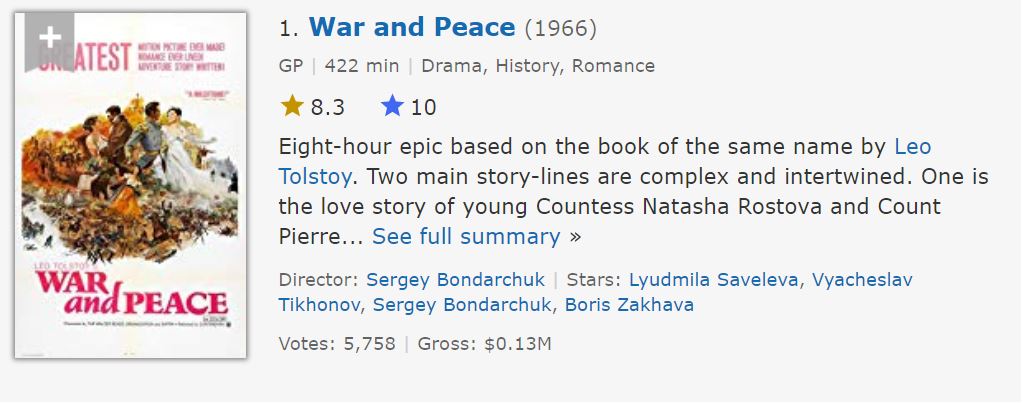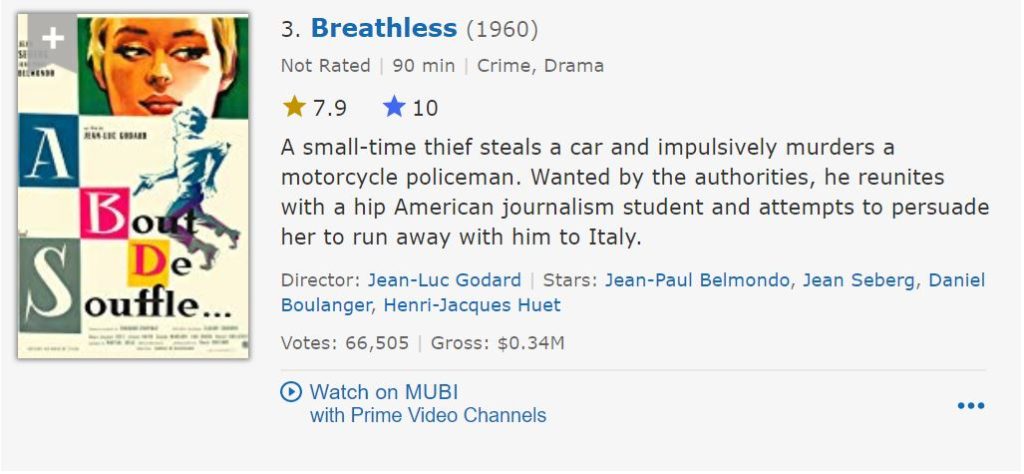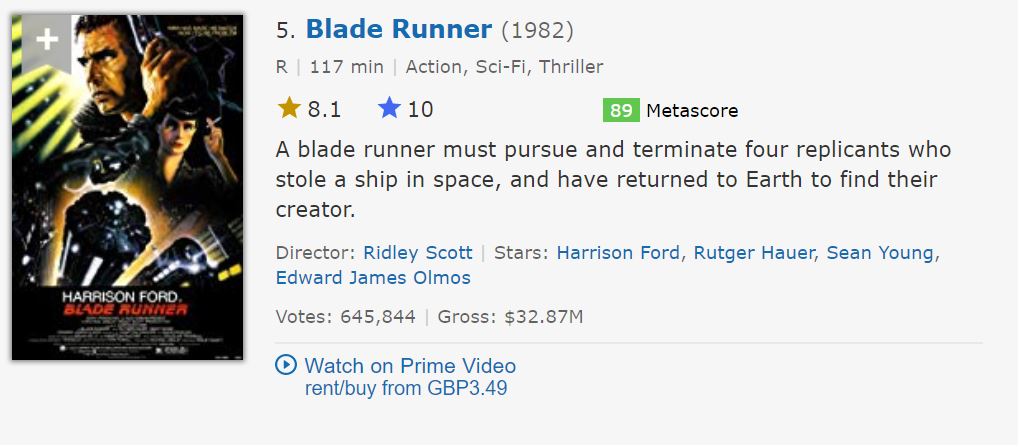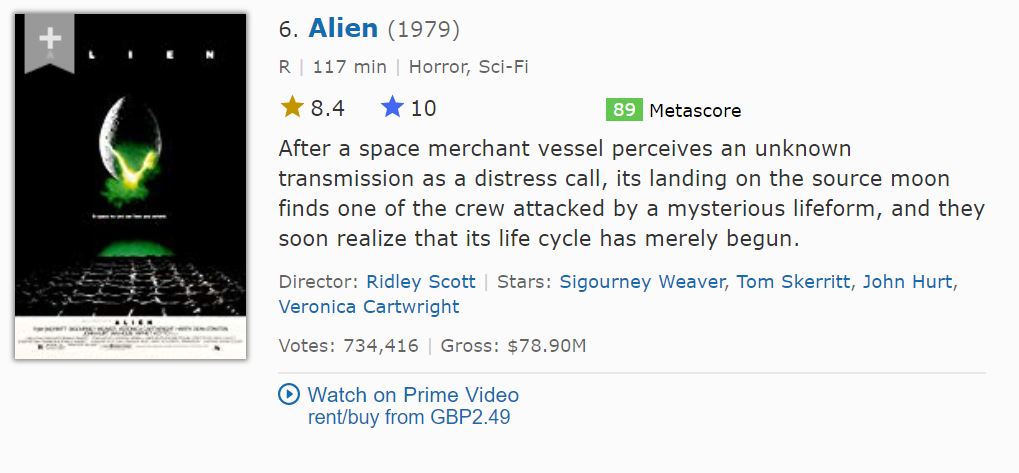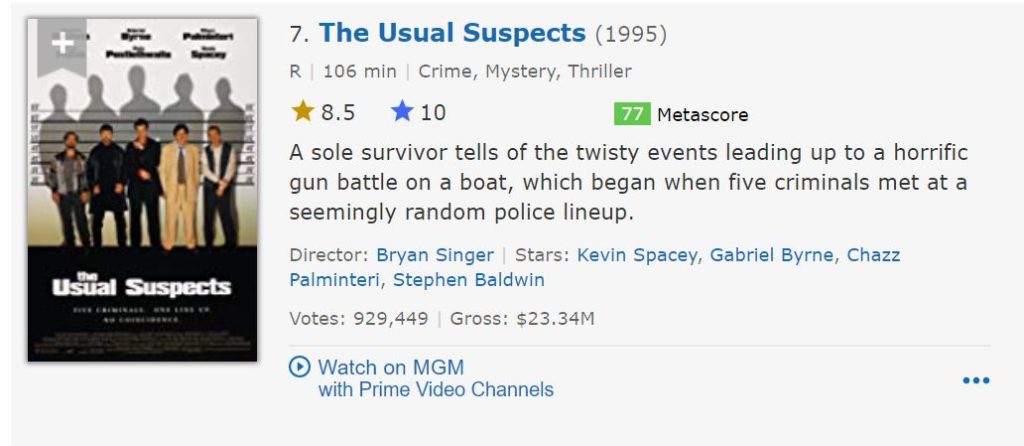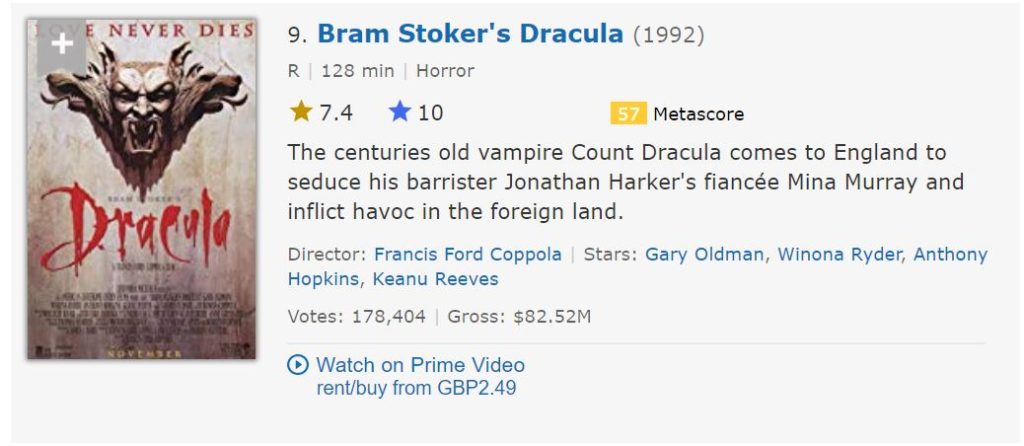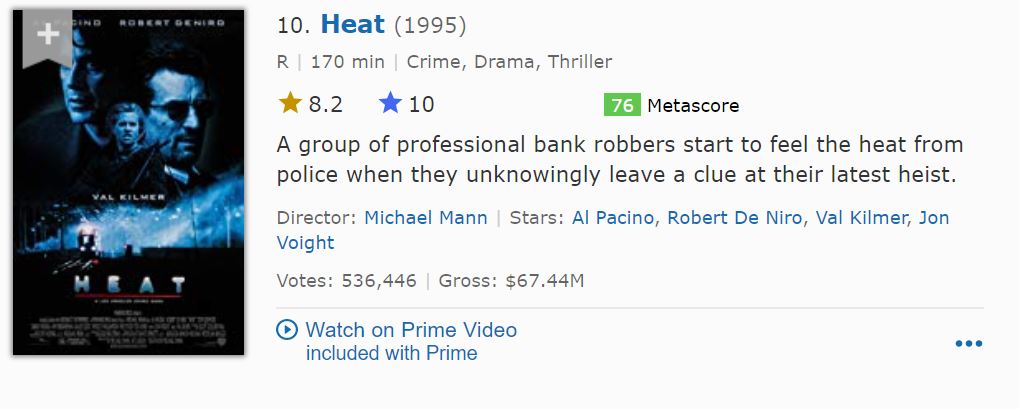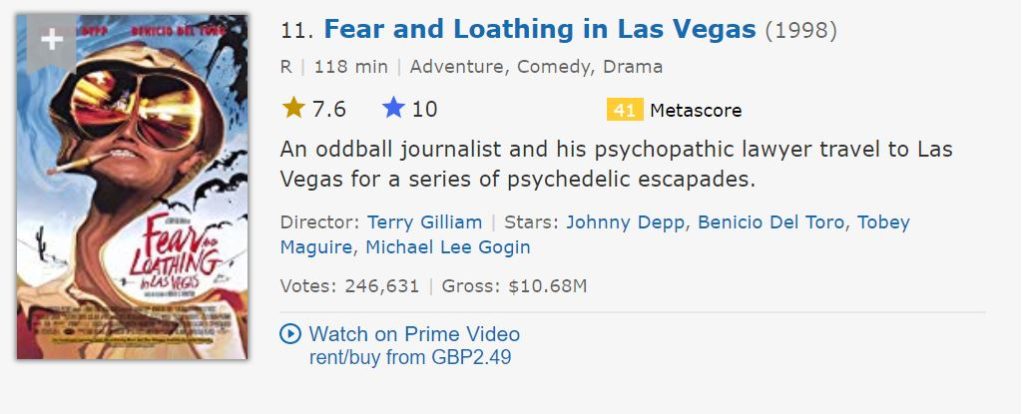In the run-up and post Brexit, we have heard quite a bit about a fantasy called European Unity. It is fashionable to talk about European unity and paint UK’ decision to leave as an act of betrayal. Was it? The situation requires a different perspective. Whenever I hear about European unity my mind is immediately cast back to January 2003. That was the day the US Secretary of Defense Donald Rumsfeld, smirking, sliced up European continent in two. He dubbed them, Old and New Europe. France and Germany constituted Old Europe – “unimportant” half and countries of former Warsaw Pact as New Europe – the bright future of Europe. The setting of these unprecedented events and statements was the looming Iraq War. Instead of backing anti-war coalition of Germany, France and Russia (who were proved to be right), the New Europe ostentatiously sided with pro-war US (who proved to be catastrophically wrong). Whether they were emphatically persuaded by the Secretary of State Colin Powell waving a vial containing WMDs remains a matter of scholarly debate. What is clear, just like certain British PM (who shed crocodile tears more than a decade later) they were with Dubya and US – no matter what. Thus begs a question, what about European Unity? Why did they not side with European grandees, French President Chirac and German Chancellor Schroeder, people with the same European values and who have done so much to facilitate their EU accession? Realpolitik on the table, unity in the bin.
European Commission President at the time Romano Prodi said he was saddened rather than angry with the candidates (countries applying for EU membership or those with set dates of joining EU) because their pro-Americanism was a signal they had failed to understand that the EU is more than a mere economic union. Around the same time, I morphed from being a pro-EU dove into a staunchly anti-EU hawk. The realisation had come, that this project was a giant on clay feet serving vested interests and that it would be eventually toppled when interests prevail over values and unity. Once EU membership and funds were in the bag, what’s next? A sensible question to some but this transactional approach to EU project would eventually prove to be the downfall of EU itself.
New Europe, Poland in particular, would always look after their own interests and do things in accordance with those needs. March in line and sing the song to be accepted into EU and start receiving billions in funds? No problem. It is a win win. Unhappy and dissatisfied citizens get to travel and move permanently wherever they want – this is what happened in the UK where over 1m Poles have arrived since 2004 – and vote accordingly to keep those rights. The elites, that motley crew of career politicians and businessmen, get to lace their hands with EU silver. Corruption on the 3rd world scale proliferated. For an example, I draw the attention of my readers to the construction of Southern Bridge in the capital of Latvia, Riga. This is the excerpt from Wikipedia:
The bridge was constructed between 2004 and 2008, and was opened on November 17, 2008. Construction of the access roads lasted until 2013. The government control commission in the report for January 2002 to September 2008 showed that, during that period, costs increased fivefold – from a planned 108.84 million lats to 570.14 million lats. The third and final stage of construction was halted due to lack of funding, but was finished in 2013.
When I visited Latvia, the taxi driver left me in no doubt as to who benefited from the delays and the five-fold increase in costs. The project has become a national joke. There are hundreds of similar projects in Eastern Europe. Delayed and with increasing costs. As recently as March 2018, Latvian rep at the ECB was arrested on bribery charges. Do we really think it is an isolated incident? No, this is the actual reality. Can they be blamed for it? As I have said before, no. They are doing what is right for their countries and any voting citizen would tell you that it is the right thing to do. Not the bribery, of course. But if that is the case, let us not pretend that European Unity exists. We see it even now, in Poland and Hungary, where conservative right-wing parties are looking to solidify control over independent media and courts in direct opposition to officially espoused European values. They are being threatened with sanctions but to no avail. They might be persuaded to back down for now but the undercurrent is there. The old adage still stands: interests over principles. There was no clear demonstration of this truth than 2003 and 2016.
